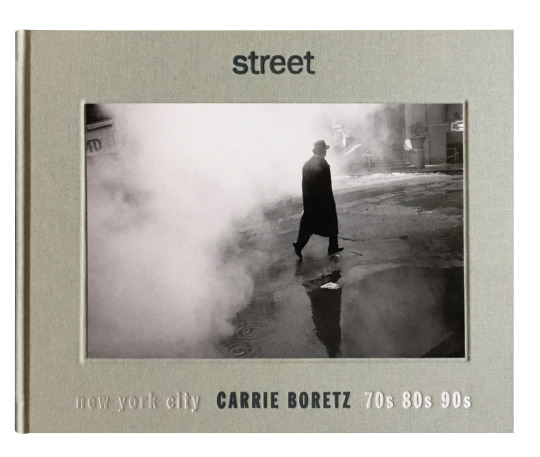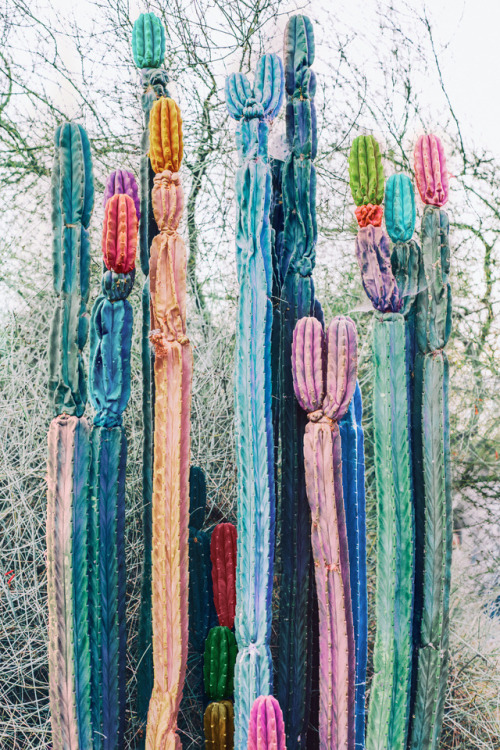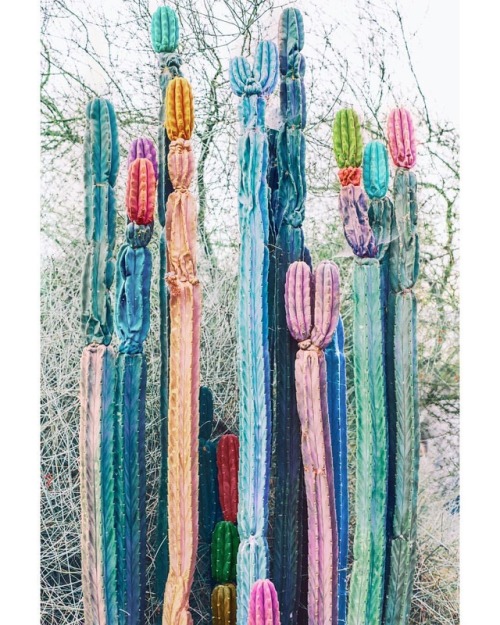Photographers

Illumination
1x Blog-Photographers' .
I also travel with my friends from the Polish Tatra Society to more distant mountains, like the Polish and Slovakian Tatras, Bieszczady, the Greater and Lesser Fatra and Slovensky Raj (Slovak Paradise). I have been on a few trips in the Romanian mountains lasting for several days. However, experience has taught me that you don’t necessarily have to travel very far to take an interesting photo. When living in such a charming land, beautiful shots are at your fingertips and all you have to do is go out and photograph them.
The Gorce mountains I'm describing here are very atmospheric at any time of the year, but it's best to shoot there in the fall. For this photo, I decided to go there once again to admire the beauty of the landscape and to enjoy nature. I parked my car near a farm, threw a backpack over my shoulders, held my tripod in my hand and started the hike. At one point the trail turned to the right, but I headed toward the glade located on the left side. Because I didn't expect such great conditions to shoot, I left my backpack full of equipment, my tripod and telephoto lens about 650 feet away (200 meters) from the spot the photo was taken. I can't say that this photo was planned, as it was supposed to be an ordinary tourist outing.
I got the idea for this shot when I saw how the light after sunrise lit up the valley in the morning mist. Low, intensive light came from the right side and gently illuminated the mist, refracting on the treetops — a true light show. I ran back to retrieve my telephoto lens, grabbed the tripod and then returned to the glade as quickly as possible. I was absolutely charmed by the scene, but also aware that such a moment will probably never happen again in my life. I knew it was a fleeting moment, and I tried to capture it as best I could.
In order to isolate this specific section of the landscape from its surroundings, I used a telephoto lens a with polarizing filter. In doing so, it was imperative that the camera be attached to the tripod to take sharp pictures. I set the camera to Aperture Priority mode and selected an aperture of f/8 to get optimal results from the camera and lens, and to ensure I had a good depth of the field. I made over a dozen exposures there, and this photo turned out to be the best.
When I started out on this trip, I did not expect to run across such wonderful shooting conditions. Fortunately, I was able to record the unusual scenery that nature had created. As I continued the hike, I realized what valuable material I had captured in my camera. I was quite impatient and wanted to see the results on my computer screen as soon as possible. The shot was very appealing to a lot of people, and it is my top-rated photo on 1x!
. '
When this scene suddenly presented itself, I quickly went back to get my equipment, and I changed the universal lens to a telephoto.
The photo was taken in a small village called Lubomierz in the Gorce Mountains. Gorce is a relatively small mountain range, part of the Polish Carpathian range, near the more famous Tatra Mountains. My hometown, Nowy Sącz, is located rather close to this area. All my favorite places to photograph are close. Some of those places are better suited for taking photos at either sunrise or sunset; other areas look best in both the morning and evening. I try to find and remember these places, as well as make notes of the ideal times to photograph them, on my frequent trips.
I also travel with my friends from the Polish Tatra Society to more distant mountains, like the Polish and Slovakian Tatras, Bieszczady, the Greater and Lesser Fatra and Slovensky Raj (Slovak Paradise). I have been on a few trips in the Romanian mountains lasting for several days. However, experience has taught me that you don’t necessarily have to travel very far to take an interesting photo. When living in such a charming land, beautiful shots are at your fingertips and all you have to do is go out and photograph them.
"Because I didn't expect such great conditions to shoot, I left my backpack full of equipment, my tripod and telephoto lens about 650 feet away (200 meters) from the spot the photo was taken."
The Gorce mountains I'm describing here are very atmospheric at any time of the year, but it's best to shoot there in the fall. For this photo, I decided to go there once again to admire the beauty of the landscape and to enjoy nature. I parked my car near a farm, threw a backpack over my shoulders, held my tripod in my hand and started the hike. At one point the trail turned to the right, but I headed toward the glade located on the left side. Because I didn't expect such great conditions to shoot, I left my backpack full of equipment, my tripod and telephoto lens about 650 feet away (200 meters) from the spot the photo was taken. I can't say that this photo was planned, as it was supposed to be an ordinary tourist outing.
I got the idea for this shot when I saw how the light after sunrise lit up the valley in the morning mist. Low, intensive light came from the right side and gently illuminated the mist, refracting on the treetops — a true light show. I ran back to retrieve my telephoto lens, grabbed the tripod and then returned to the glade as quickly as possible. I was absolutely charmed by the scene, but also aware that such a moment will probably never happen again in my life. I knew it was a fleeting moment, and I tried to capture it as best I could.
"In order to isolate this specific section of the landscape from its surroundings, I used a telephoto lens with a polarizing filter."
In order to isolate this specific section of the landscape from its surroundings, I used a telephoto lens a with polarizing filter. In doing so, it was imperative that the camera be attached to the tripod to take sharp pictures. I set the camera to Aperture Priority mode and selected an aperture of f/8 to get optimal results from the camera and lens, and to ensure I had a good depth of the field. I made over a dozen exposures there, and this photo turned out to be the best.
When I started out on this trip, I did not expect to run across such wonderful shooting conditions. Fortunately, I was able to record the unusual scenery that nature had created. As I continued the hike, I realized what valuable material I had captured in my camera. I was quite impatient and wanted to see the results on my computer screen as soon as possible. The shot was very appealing to a lot of people, and it is my top-rated photo on 1x!
POST PROCESSING
The photo was shot in RAW format and converted to TIFF. It was then exported to Photoshop CS3 where a few adjustments were made.
1) In Photoshop, I applied 60% Auto Contrast to bring out the light.
2) Using the Crop tool, I slightly cropped the top and left side of the photo because I wanted to highlight the most important elements in it.
My goal was to bring out the real image from the RAW file, which was recorded by the camera's sensor and stored in my memory and my heart. I was working with single exposures because the camera's sensor allows me to bring out enough details from a single frame. I could have tried bracketing, but at that moment I didn't have enough time to think about it.
This is the original image.
1) In Photoshop, I applied 60% Auto Contrast to bring out the light.
2) Using the Crop tool, I slightly cropped the top and left side of the photo because I wanted to highlight the most important elements in it.
My goal was to bring out the real image from the RAW file, which was recorded by the camera's sensor and stored in my memory and my heart. I was working with single exposures because the camera's sensor allows me to bring out enough details from a single frame. I could have tried bracketing, but at that moment I didn't have enough time to think about it.
This is the original image.
TIPS
1) You should photograph the genre you like the most.
2) Be patient and always try to improve your skills; you will see the results after some time.
3) Take landscape photos either early in the morning just after sunrise or right before sunset.
4) Find interesting places, preferably near your home.
5) Use a telephoto lens in order to shoot from a distance and condense the perspective.
6) Remember to use a tripod to stabilize the camera.
2) Be patient and always try to improve your skills; you will see the results after some time.
3) Take landscape photos either early in the morning just after sunrise or right before sunset.
4) Find interesting places, preferably near your home.
5) Use a telephoto lens in order to shoot from a distance and condense the perspective.
6) Remember to use a tripod to stabilize the camera.
BIOGRAPHY
I live in Nowy Sącz in Poland. I'm an electrical engineer and I work as a teacher of electrical and automotive vocational students in ZSZ Grybow. I am very lucky to live in a region called Sadecczyzna. It is my small homeland, surrounded by hills and green valleys. I'm passionate about mountain landscapes, the misty morning atmosphere and unusual natural phenomena. Morning hikes shows me the world in an unrealistically beautiful, magical light. I want to share these fleeting moments with everyone. I have been shooting since childhood, and started presenting my work after winning the photo contest Polish Tourist Country-Lovers in 2003. Currently, I use two DSLRs — a Pentax K20D and a Nikon D5100.

























